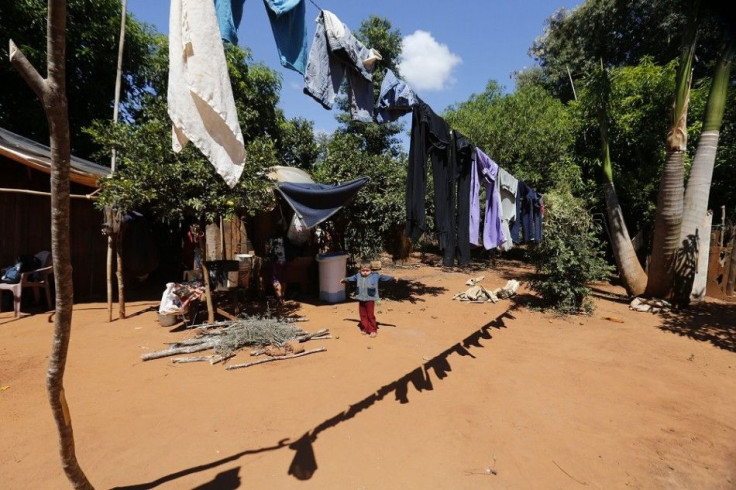Climate change: The lives of 690 million children are at risk, says UNICEF

With only a few days left for COP21 summit scheduled to be held in Paris, the United Nations Children's Fund (UNICEF) has released a new report on the impact of climate change. According to the report, more than 690 million children around the world are at the risk of getting impacted by climate change.
The new report claims that more than 530 million children around the world live in extremely high flood-prone areas, while 160 million children live in areas hit by severe drought. The organisation says that the striking figures are enough to call everyone's attention to take an urgent action now.
Among the total number of children living in drought-prone areas, nearly 300 million belong to a country where more than 50 percent of the population live in poverty. That is, they earn less than $3.10 a day. On the other hand, nearly 50 million children living in drought-prone areas belong to a country with 50 percent people living under poverty line.
“Today’s children are the least responsible for climate change, but they, and their children, are the ones who will live with its consequences. And, as is so often the case, disadvantaged communities face the gravest threat,” UNICEF Executive Director Anthony Lake said in a press release.
Over the last few years, climate change has resulted in a number of severe weather-related consequences. If the situation remains the same and no urgent steps are taken, the future results could be disastrous.
Events such as drought, heatwaves and floods lead to the death of thousands of individuals each year. In addition, such disasters spread malaria, diarrhoea and malnutrition, three of the major contributors toward the loss of lives of the children.
UNICEF further says that children who do not have access to proper sanitation and adequate water are more likely to be affected by the aftermath of these events. Such children take more time to recover from a disaster and are at a greater risk of facing the subsequent crisis.
Contact the writer at feedback@ibtimes.com.au, or let us know what you think below.






